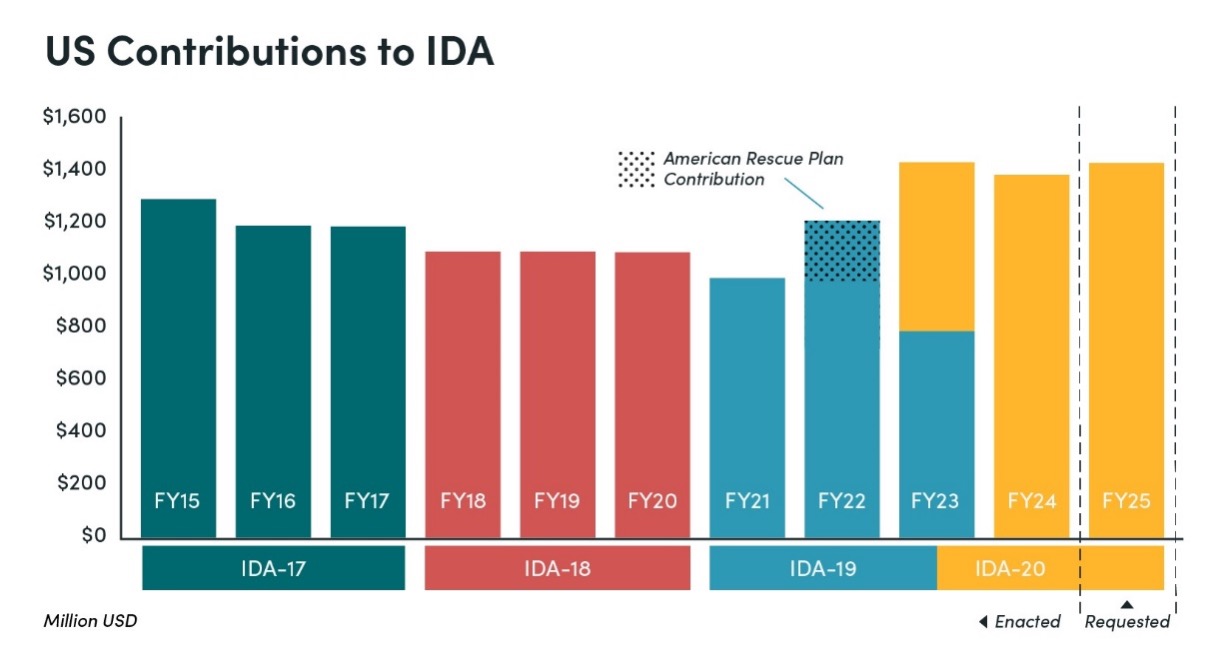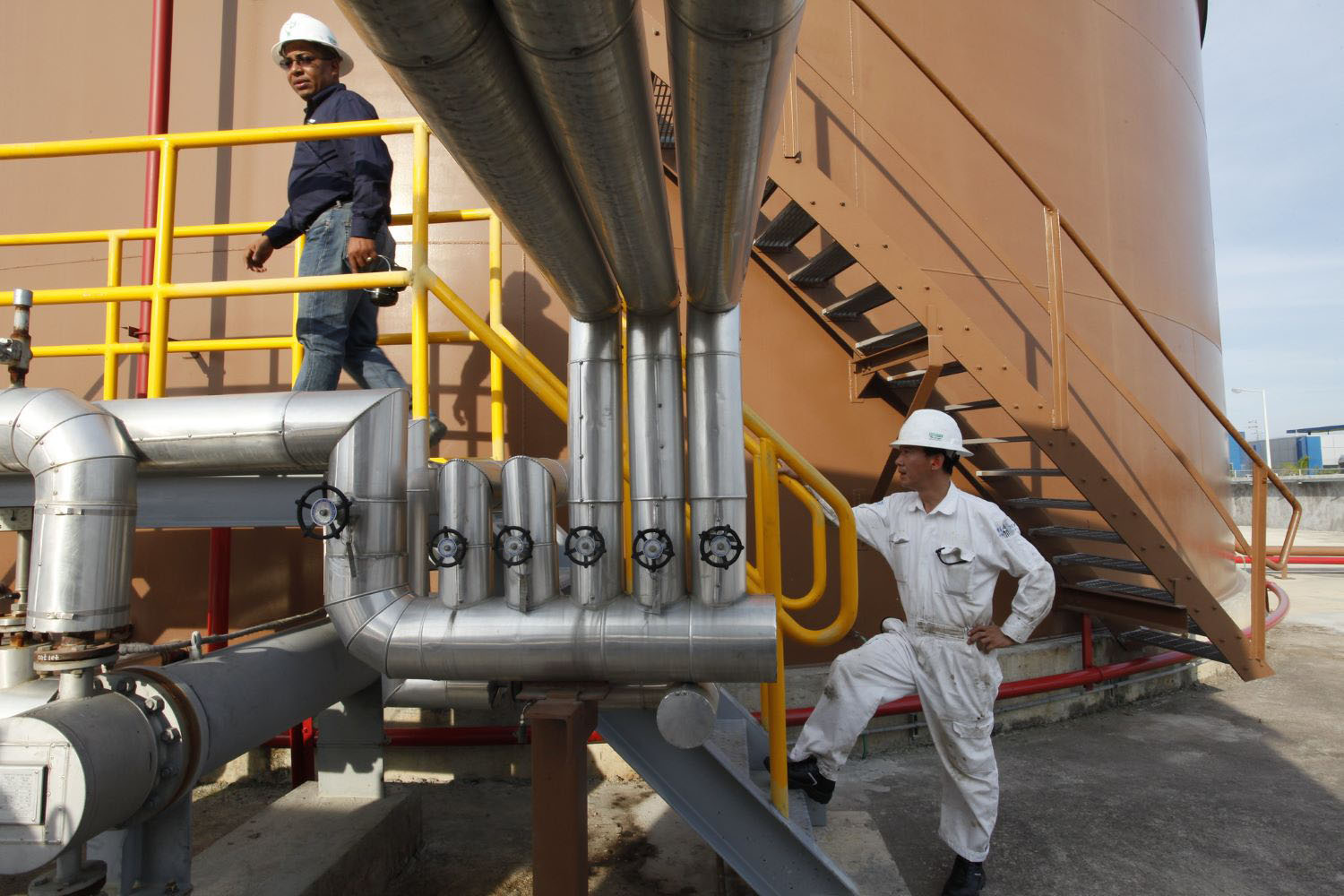Yesterday, the House Committee on Financial Services held a hearing with US Secretary of the Treasury Stephen Mnuchin on the international financial system. Chairwoman Maxine Waters opened the session with a strong statement on the World Bank’s $2.5 billion IDA Private Sector Window (PSW). The PSW uses aid to subsidize private sector companies through the World Bank’s private sector arm, the International Finance Corporation:
“I’m concerned that IDA, through its new Private Sector Window (PSW)...is subsidizing private firms selected without competition on the basis of unsolicited proposals. The PSW is likely to prioritize financial returns over positive development impacts, which will be difficult to monitor. The PSW also stands in conflict with the World Bank’s own principles that call for subsidies to be justified, transparent, competitively based, focused on impact, and guarded against rent-seeking opportunities. So, my message to Treasury and to the World Bank is that unless these transfers stop, or at a minimum are competitively based and fully transparent down to the amounts and purpose of aid going to which firms and projects, the Administration’s request for Congress to authorize the IFC’s general capital increase will not be a Committee priority.”
Chairwoman Waters raises important concerns with the Private Sector Window that should be urgently addressed. As she points out, the current model for the PSW fails to live up to principles that the World Bank Group has developed or signed up to, including on sustainable private sector operations, on transparency and recipient country leadership in the use of aid, and on operating public-private partnerships.
These principles suggest the PSW should be led by public policy priorities, use the minimum possible subsidy to achieve priority outcomes through open and competitive approaches, and be transparent about who is getting how much subsidy for what:
-
If we are using government subsidies (aid to the private sector), they should be to meet a government priority and overcome an important market failure. These subsidies also ought to be a comparatively effective tool to meet that public policy priority (compared to regulatory reform or taxation, as it might be). At the moment, subsidies are being handed to firms who walk up to the IFC and ask for one. There is a World Bank screening process meant to ask “will this investment have a development impact?” But it is reactive rather than proactive, internal, and involves none of the potential beneficiaries where the project would happen. The subsidy process should start with the question “where will subsidizing the private sector do the most public good?” not have that question tacked on to the end. It should be a process that starts with the needs of poor people, not multinational firms.
-
We want to use the minimum possible government subsidy necessary to achieve the outcome we want. Again, at the moment, most PSW deals are reactive –a firm walks in the door with a potential deal and wants (preferably subsidized) financing. There is then a confidential process between the IFC and the firm to decide how large the financing package will be and on what terms. There is no element of competition, and given that the IFC wants to spend the PSW money and is having trouble doing so, there is little internal incentive to minimize the size of the subsidy that is offered. A competitive process (a public auction around “this is the project we want; how much subsidy do we have to offer you to deliver it?”) is more likely to deliver the greatest impact at the lowest subsidy. It is a process that the World Bank has financed many times to deliver infrastructure projects and other outcomes. The IDA PSW should be using competitive processes, too.
-
We want to know how taxpayer money is being spent. The financing terms between firms and the IFC are secret. That means the subsidy amounts are secret. The IFC’s overall estimate is that existing PSW projects see subsidies worth 23 percent of the amount of the deal, but it will not publish data at the project level. We don’t know which firms and projects are getting how much aid money to do what. This is inappropriate, especially given the non-competitive way these firms were selected, but it is also unnecessary. Firms have reason to be sensitive about publishing the financing terms they get from the market: it weakens their negotiating position with other investors. But the money they are getting from the IFC is subsidized –it is specifically not on market terms. It provides little if any valuable information to other investors. And so, especially if the first two principles of needs-met selection and competition are being violated, transparency is vital.
I hope that congressional attention provides a needed spur to PSW reform efforts toward these three objectives of public-policy led, competitive, and transparent financing. It is time for the World Bank Group to live up to the principles it has signed up to.
Disclaimer
CGD blog posts reflect the views of the authors, drawing on prior research and experience in their areas of expertise. CGD is a nonpartisan, independent organization and does not take institutional positions.





